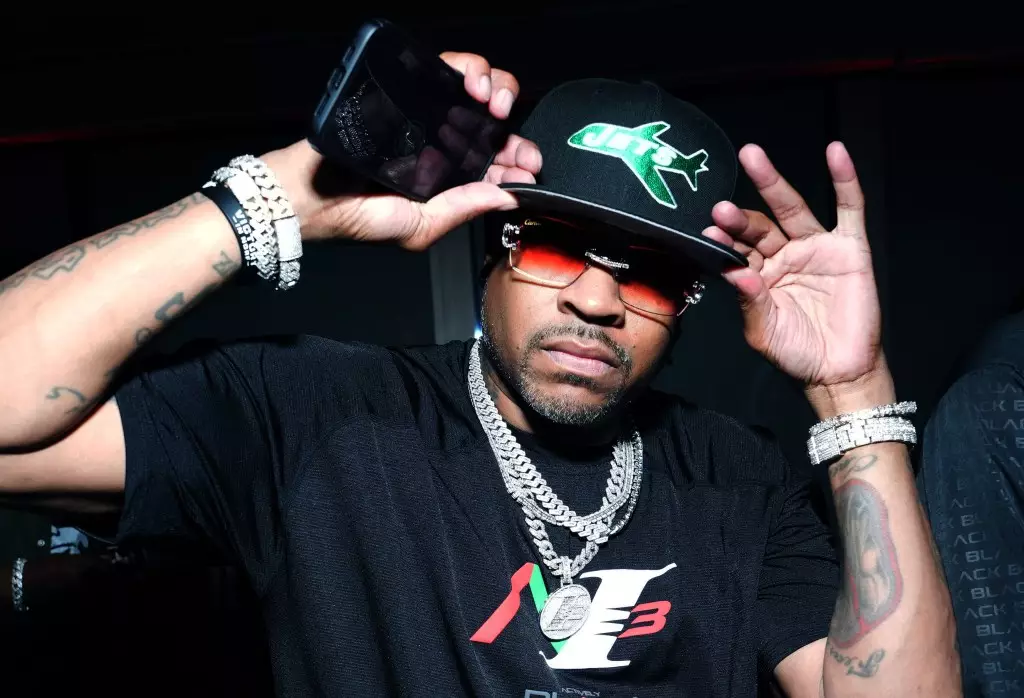The upcoming docuseries on Allen Iverson promises to celebrate his fearless authenticity and profound influence on the NBA and broader culture. While this narrative emphasizes his individuality, it risks glossing over the deeper implications of his legacy. Iverson’s persona, often hailed as emblematic of rebellious spirit and resilience, also exemplifies the complex relationship between personal expression and societal expectations. True progress in cultural acceptance should not uncritically lionize figures who, despite challenging norms, may also reinforce problematic stereotypes or resist necessary accountability.
The Commodification of Rebellion and Cultural Progress
The portrayal of Iverson as a trailblazing icon risks transforming his defiance into a commercialized spectacle. As the doc emphasizes his “unapologetic expression,” it inadvertently commodifies his persona, turning genuine cultural resistance into a media product designed to attract viewers and maximize profit. This spectacle reduces a layered, nuanced figure into a symbol that can be packaged and sold, diluting the original message of resilience and oversimplifying the complex societal challenges he faced. It’s vital to recognize that not all authentic expressions are inherently progressive; some may perpetuate the very issues they seek to challenge if they lack critical reflection.
The Double-Edged Sword of Cultural Shifts in the NBA
Iverson’s influence cannot be viewed solely through a lens of positive progress. While his style and attitude challenged monolithic notions of professionalism, they also contributed to an environment where cultural acceptance sometimes overshadowed the importance of discipline and responsibility. As his narrative is celebrated for inspiring future generations, it’s crucial to interrogate whether this inspiration promotes a healthy model of expression or risks valorizing defiance at the expense of accountability. A balanced reflection should acknowledge how Iverson’s legacy is intertwined with both progress and cautionary tales about unchecked influence.
A Personal Reflection on the Mythmaking Process
The series’ access to Iverson’s reflections offers a rare intimacy, but it must be approached critically. Personal stories are powerful tools for understanding individual journeys; however, they can also serve self-affirming purposes that obscure broader societal critique. As viewers, we should question whether celebrating Iverson’s authenticity overlooks the structural issues—such as systemic inequalities or the consequences of fame—that shape his narrative. Genuine cultural progress requires not just admiration for individual resilience but also a sober acknowledgment of the complicated realities behind such stories.
Final Thought: Are We Celebrating or Glorifying the Myth?
Ultimately, the allure of Iverson’s story lies in its blend of rebellion and resilience. While it’s tempting to champion figures like him as role models of unfiltered truth, we must remain wary of the commercialization that often accompanies narratives of authenticity. True social progress demands more than admiration for individual defiance; it calls for ongoing reflection on what these stories teach us about inclusion, respect, and the values we uphold within and beyond sports. Iverson’s legacy is undeniably influential, but it should invite us to scrutinize what truly constitutes progress in the cultural landscape of today.


Leave a Reply